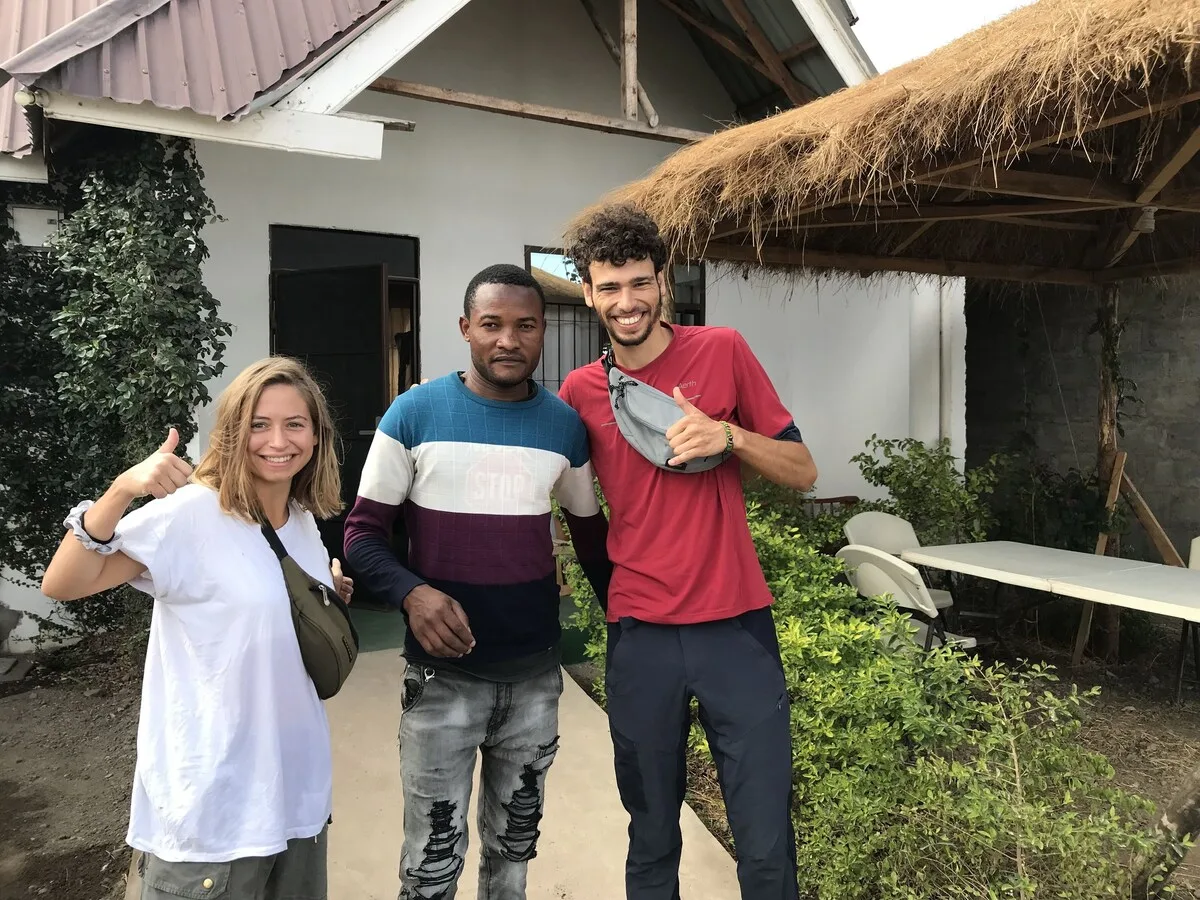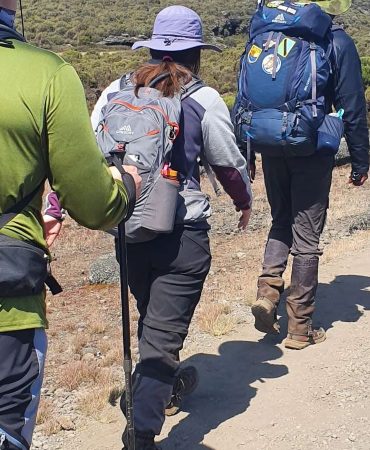Climate change is a global crisis. Explore 7 powerful solutions to protect the planet, ensure sustainability, and secure a greener future for generations to come.



Climate Change:
Climate Change: Discover the essential steps to protect East Africa’s safari adventures amidst the climate change crisis in Tanzania’s wilderness. Learn how to ensure the preservation of these iconic experiences for future generations.
Introduction
In the face of the escalating climate change crisis, the breathtaking landscapes and diverse wildlife of East Africa, particularly in Tanzania’s wilderness, face significant threats. Safeguarding these precious ecosystems and preserving the unique safari adventures they offer has become an urgent imperative. This comprehensive guide outlines five crucial steps to mitigate the impacts of climate change and ensure the sustainability of East Africa’s safari experiences for generations to come.
Understanding the Climate Change Crisis in East Africa
Climate change poses a grave threat to East Africa’s ecosystems, impacting weather patterns, biodiversity, and the livelihoods of local communities. Rising temperatures, erratic rainfall, and more frequent extreme weather events endanger the delicate balance of ecosystems, putting wildlife populations at risk and disrupting traditional migration patterns.
The Impact on Wildlife and Habitats
Climate change exacerbates habitat loss, leading to dwindling food sources and habitat fragmentation for wildlife. Species such as elephants, lions, and giraffes face heightened challenges in finding suitable habitats and adapting to changing environmental conditions.
Addressing Habitat Fragmentation
Fragmentation of habitats due to human encroachment and development impedes the movement of wildlife and disrupts vital ecological processes. Conservation efforts must prioritize habitat connectivity and the creation of wildlife corridors to facilitate the movement of species across landscapes.
Sustainable Tourism Practices in Tanzania
Tourism plays a significant role in the economy of Tanzania, particularly through safari adventures that attract visitors from around the globe. However, the industry also contributes to environmental degradation and carbon emissions, exacerbating the impacts of climate change.
Promoting Eco-Friendly Tourism Initiatives
Encouraging responsible tourism practices, such as minimizing carbon footprints, supporting local conservation projects, and promoting sustainable lodging options, is essential for mitigating the environmental impact of tourism activities.
Implementing Low-Impact Safari Practices
Tour operators and safari guides can adopt low-impact safari practices, including off-road driving restrictions, waste reduction measures, and promoting wildlife conservation awareness among visitors.
Climate Resilience Strategies for Local Communities
Empowering local communities to adapt to the challenges of climate change is critical for the long-term resilience of East Africa’s ecosystems and safari destinations.
Supporting Community-Based Conservation Efforts
Investing in community-led conservation initiatives, sustainable agriculture practices, and alternative livelihood opportunities helps communities cope with environmental changes while fostering a sense of stewardship for natural resources.
Enhancing Climate Education and Awareness
Education programs aimed at raising awareness about climate change, its impacts, and adaptation strategies empower communities to take proactive measures in safeguarding their environment and livelihoods.
Preserving Biodiversity and Ecosystem Services
Biodiversity conservation is fundamental to maintaining the resilience of East Africa’s ecosystems and ensuring the provision of essential ecosystem services.
Protecting Key Biodiversity Hotspots
Identifying and safeguarding biodiversity hotspots, such as national parks, reserves, and critical habitats, is essential for preserving the rich tapestry of species and ecosystems found in Tanzania’s wilderness.
Restoring Degraded Ecosystems
Implementing ecosystem restoration projects, including reforestation, watershed management, and soil conservation measures, helps mitigate the impacts of climate change, enhance carbon sequestration, and safeguard biodiversity.
Climate Change Crisis: 5 Urgent Steps to Preserve East Africa Safari Adventures in Tanzania’s Wilderness
Amidst the escalating climate change crisis, safeguarding East Africa’s safari adventures in Tanzania’s wilderness requires concerted action. Here are five urgent steps to preserve these iconic experiences for future generations:
1. Sustainable Land Use Planning and Management
Implementing sustainable land use practices, such as protected area management, land-use zoning, and wildlife corridors, is essential for maintaining ecological integrity and preserving critical habitats for wildlife.
2. Climate-Resilient Infrastructure Development
Investing in climate-resilient infrastructure, including roads, lodges, and visitor facilities, helps minimize the environmental footprint of tourism activities and enhances the resilience of safari destinations to climate change impacts.
3. Community Engagement and Empowerment
Engaging local communities as stewards of their natural resources, supporting sustainable livelihoods, and fostering partnerships between communities, governments, and conservation organizations are vital for effective conservation and climate adaptation efforts.
4. Wildlife Conservation and Anti-Poaching Measures
Implementing rigorous anti-poaching measures, enhancing law enforcement efforts, and supporting wildlife monitoring and research are crucial for protecting vulnerable species and combating illegal wildlife trade exacerbated by climate change.
5. Climate Education and Awareness
Promoting climate education, environmental awareness, and sustainable tourism practices among visitors, tour operators, and local communities fosters a culture of conservation and resilience in the face of the climate change crisis.
FAQs
- How does climate change impact safari experiences in East Africa?
- What are some eco-friendly safari practices to minimize environmental impact?
- How can local communities contribute to wildlife conservation efforts?
- What role does sustainable tourism play in preserving East Africa’s ecosystems?
- Are there any ongoing climate adaptation initiatives in Tanzania’s wilderness?
- How can travelers support conservation efforts during their safari adventures?
Conclusion
In conclusion, addressing the climate change crisis and preserving East Africa’s safari adventures in Tanzania’s wilderness require collaborative efforts, innovative solutions, and a commitment to sustainability. By implementing the urgent steps outlined in this guide and fostering a deeper connection between people and nature, we can ensure that future generations continue to marvel at the wonders of East Africa’s natural heritage.




